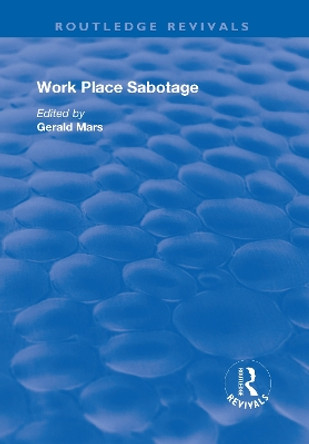Description
About the Author
Abigail Susik is Associate Professor of Art History at Willamette University and co-editor of Surrealism and film after 1945 (2021)
Reviews
'[A] meticulously researched and theoretically accomplished contribution to Surrealist scholarship.'
David Hopkins, The Burlington Magazine
'Most scholarly works on surrealism tend to ignore or minimize its strong political dimension, its radical anticapitalist attitude, its commitment to revolutionary human emancipation. This is not the case with this brilliant essay, which does not ignore the highly explosive, radical and subversive nature of the movement founded by Andre Breton in 1924.'
Michael Loewy, Modernism/Modernity
'Susik succeeds in eliciting tantalizing frictions around the relation of avant-garde movements to leftist politics.'
Kaegan Sparks, Artforum
'To read Susik here is to enjoy the generosity of her stimulating and seditious theoretical thoughts. Her Surrealist fever-dream history of subversion as sex machine invites you into a contemplation of your intimate erotic life, put in relationship to its oppression - and to find within that oppression not despair, but insinuations of a secret saboteur.'
Joseph Nechvatal, The Brooklyn Rail
'The text is richly illustrated with examples from a broad range of media, supporting the author's central focus on the efficacy and enduring relevance of surrealist art practice in critiquing the role of work in art and society.'
Sara Schumacher, Choice
'This original and enthralling work is not only indispensable for understanding the political and revolutionary core of surrealism but for rethinking strategies of resistance and creation in the present. With this lucid critical study, Abigail Susik recovers an insurgent surrealism at a moment when global capitalism is escalating the immiseration of human labour and when its productivist imperatives are devastating the planet.'
Jonathan Crary, Meyer Schapiro Professor of Modern Art and Theory, Columbia University
'Abigail Susik's brilliant account of surrealism's sustained aesthetic subversion and outright attack on compulsive wage labour and its genealogy in the late-nineteenth century radically reorients our understanding of this influential international movement. With great erudition and conceptual savvy, she places surrealism in the social history of work-place rationalisation, labour struggles and the feminisation of white-collar labour. Surrealist automatism is shown to function like work-to-rule sabotage. Automatic writing emerges as a gendered subversion of the automation of the work place present in surrealist photography and in the eroticised imagery of the typewriter and the sewing machine. Surrealism can still inspire challenges to the nature and organisation of work in the information age.'
Andreas A. Huyssen, Villard Professor of German and Comparative Literature, Columbia University
'Charting the rejection of the so-called "work ethic" by the surrealists in their theory and art, this groundbreaking study sheds new light on the activities of the surrealist movement in the 1920s, 1930s and 1960s, across two continents. Abigail Susik's deeply impressive investigative scope, combined with precise attention to historical, social and economic context, yields new interpretations of a wide range of work-resistant, pleasure-principled, anarcho-Freudian forays into poetry, painting, photography and sculpture by surrealists, drawing upon a truly extraordinary range of scholarly sources. Mentored by theorists from Marx to Marcuse, surrealist techniques and imagery are revealed as instruments of the saboteur. Meanwhile, urgent questions that are so rarely broached today with the kind of clarity given them by workshy surrealists and their ultra-left allies - who works, for what, at what cost and why bother? - are raised on every page of this illuminating book, demonstrating that surrealism lives, loves and plays, but does not labour: yesterday, today and tomorrow.
Gavin Parkinson, Senior Lecturer in European Modernism at The Courtauld Institute of Art
Book Information
ISBN 9781526169501
Author Abigail Susik
Format Paperback
Page Count 296
Imprint Manchester University Press
Publisher Manchester University Press
Weight(grams) 671g
Dimensions(mm) 240mm * 170mm * 22mm








